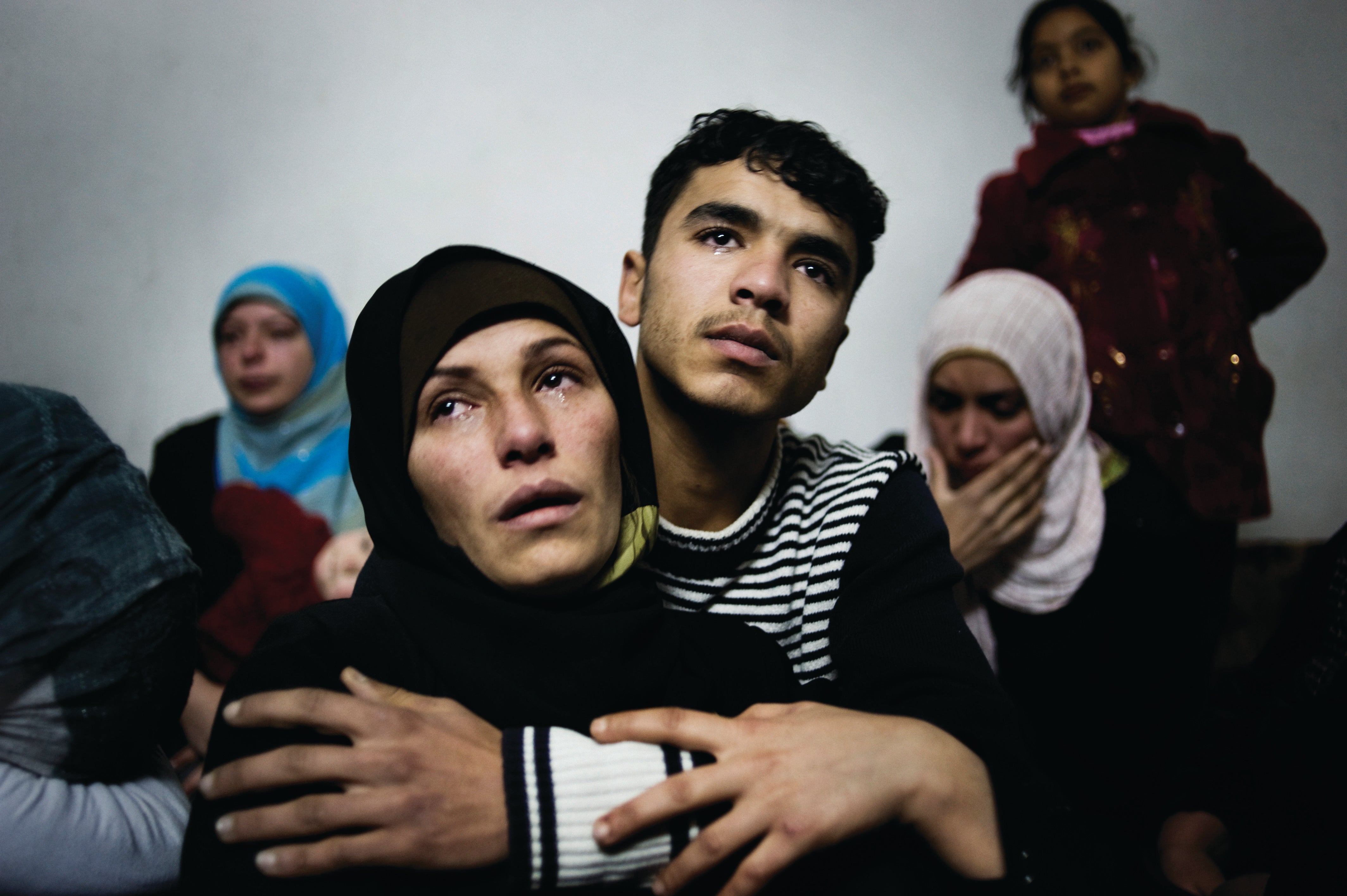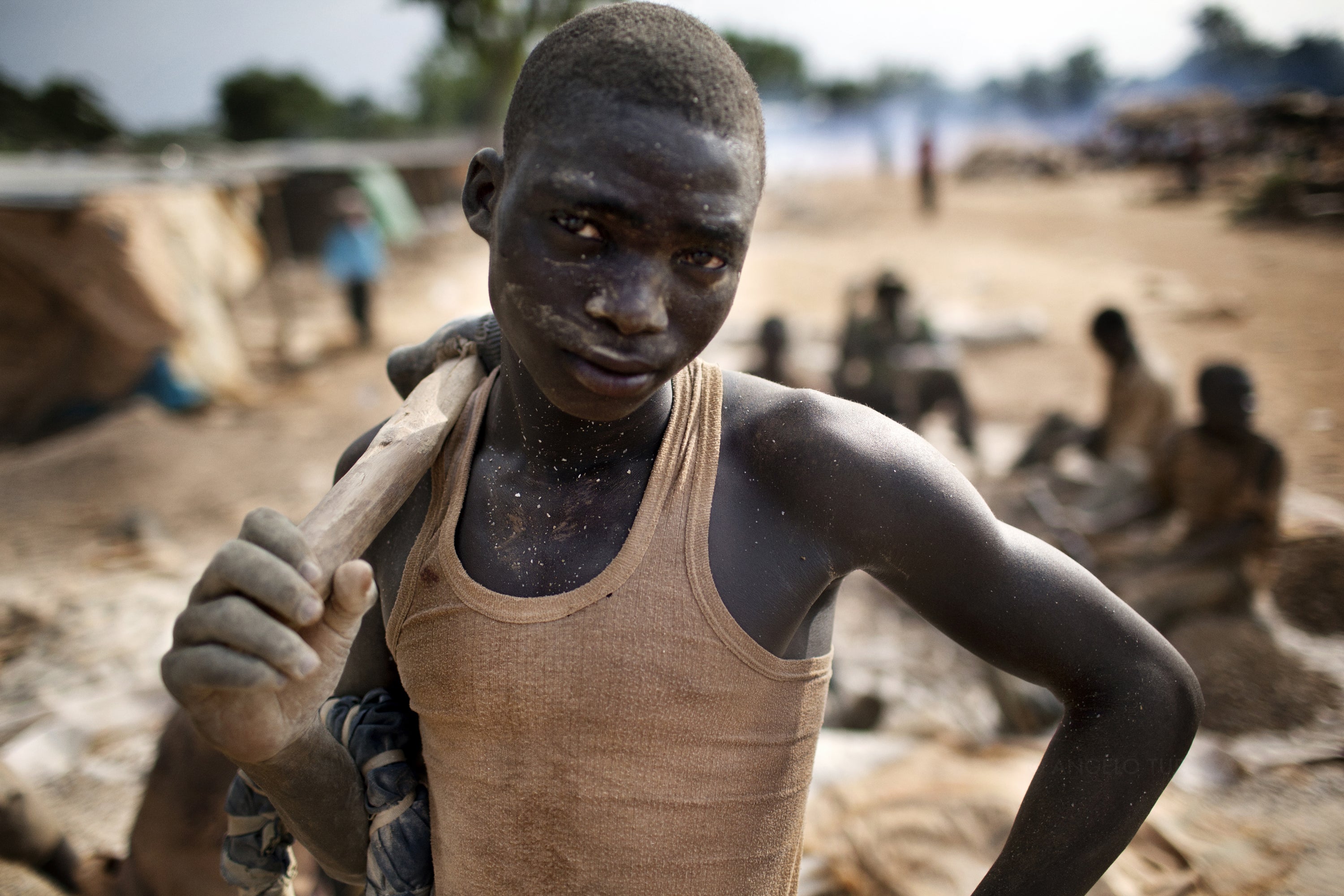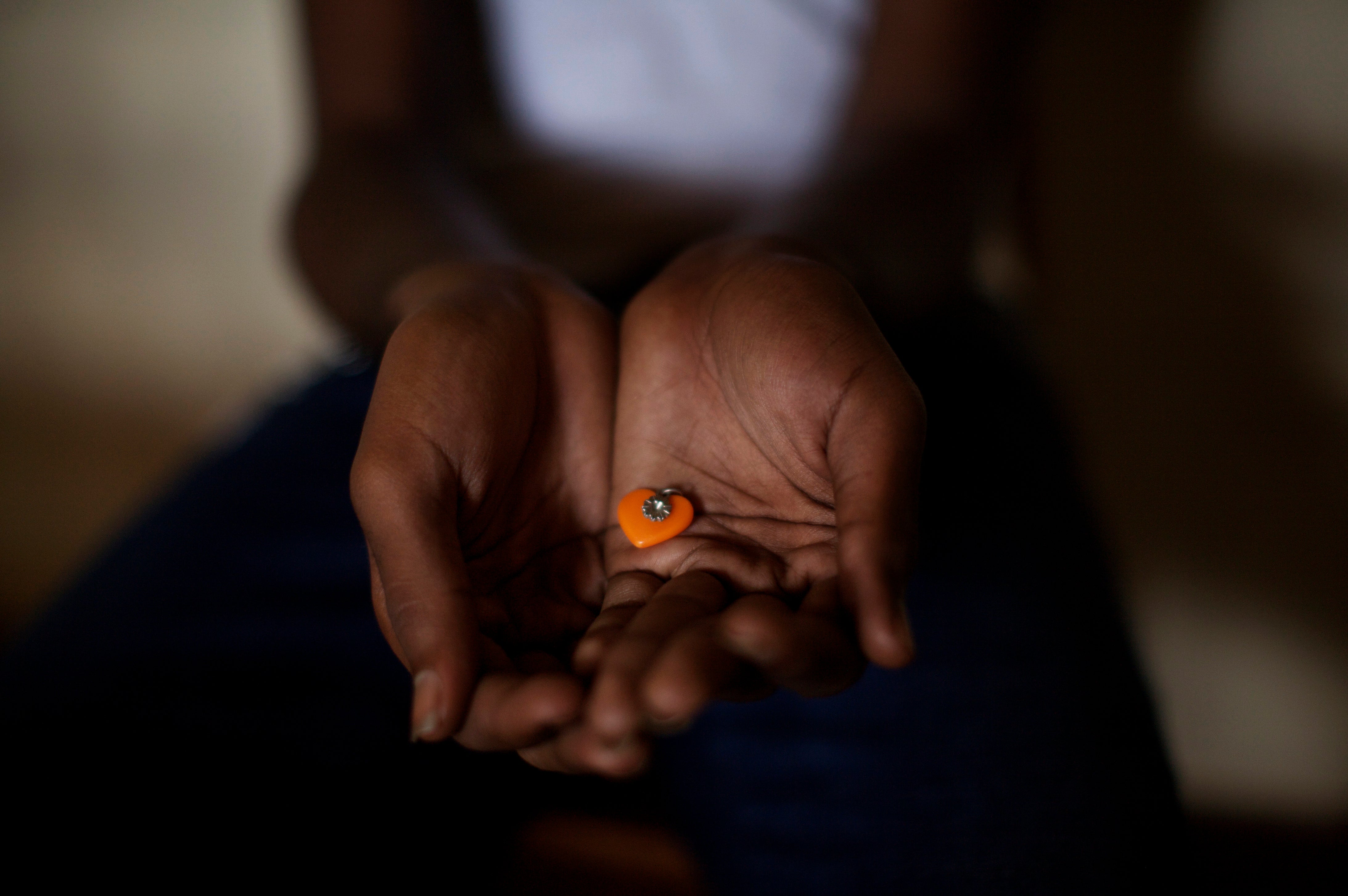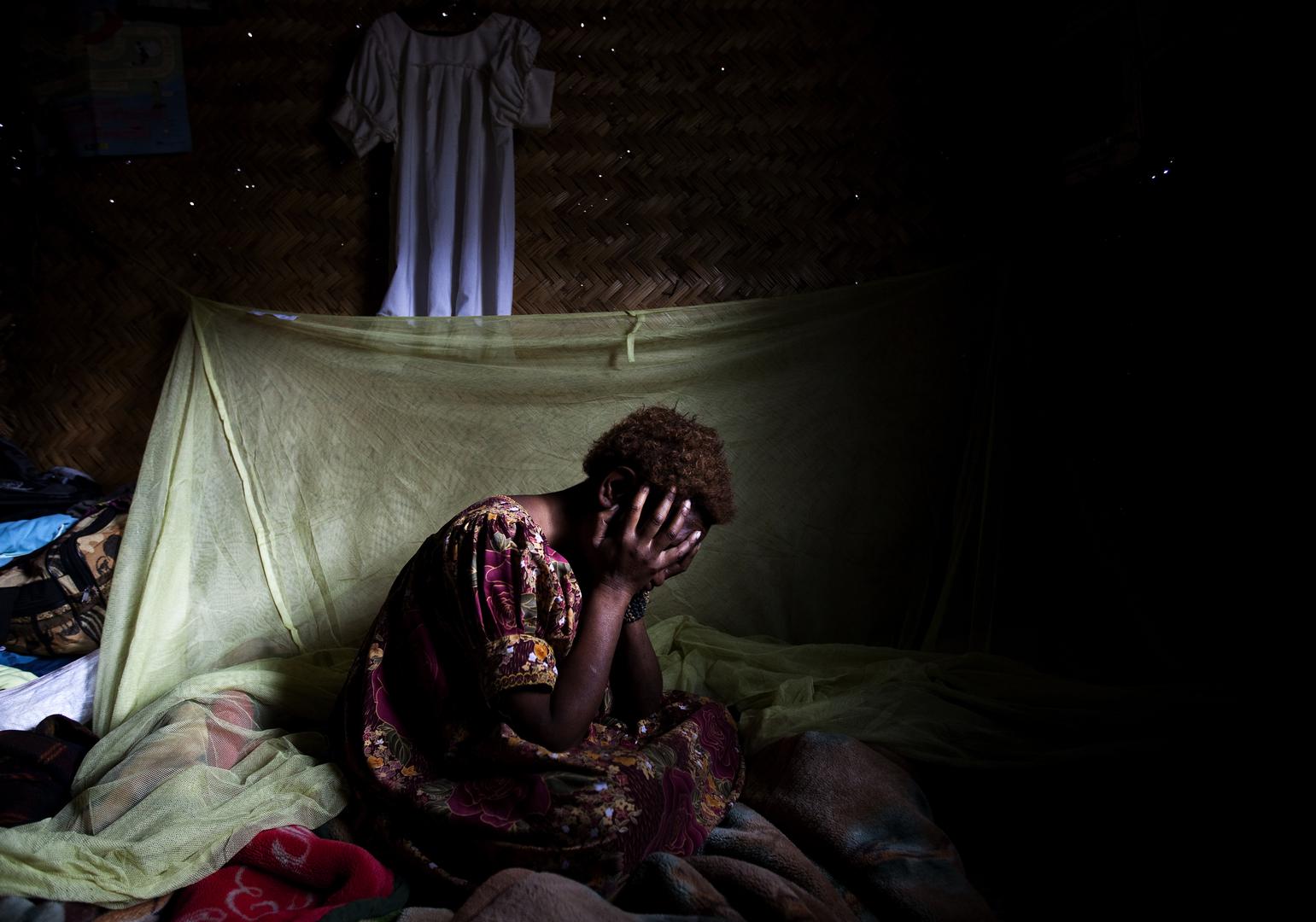Mass protests following Russia’s December 2011 parliamentary elections prompted promises of political reforms. However, after his return to the presidency, Vladimir Putin oversaw the swift reversal of former President Dmitry Medvedev’s few, timid advances on political freedoms and unleashed an unprecedented crackdown against civic activism. New laws in 2012 restrict nongovernmental organizations and freedoms of assembly and expression. New local laws discriminate against lesbian, gay, bisexual, and transgender (LGBT) people. Abuses continue in the counterinsurgency campaign in the North Caucasus.
Undermined Reforms
Russia’s international partners initially praised reforms to Russia’s electoral system that took place early in 2012, when parliament adopted legislative amendments that restored popular election of regional governors (since 2004, governors had been appointed by the Kremlin). However, under these reforms, gubernatorial candidates are required to secure support from local legislatures, which the ruling party dominates.
Amendments also lowered the minimum number of members for political party registration from 50,000 to 500 and lowered the threshold of votes a party needs for parliamentary representation from 7 to 5 percent. However, the ban on electoral blocs and the requirement that parties field candidates or risk losing registration attenuated the reforms’ potential to strengthen political pluralism. The reforms were adopted too late to apply to the December 4, 2011 parliamentary vote, which saw the ruling party win 49.3 percent of the vote.
Freedom of Assembly
The September 2011 announcement by Medvedev and Putin that they would essentially switch posts became a tipping point for people dissatisfied with a decade of “soft” authoritarianism, bringing tens of thousands to the streets of Russia’s capital for unprecedented protests a day after the December parliamentary vote.
Thousands protested alleged electoral fraud, and riot police attacked some protesters and randomly detained about 300, some of who were sentenced to 15 days’ detention. Protests and detentions continued in following days in Moscow and large Russian cities, but police subsequently ceased interfering with mass rallies.
However, on May 6, the day before Putin’s inauguration, there were clashes in Moscow between police and demonstrators. By May 8, police detained over 1,000 people, many for simply wearing the protest movement’s symbolic white ribbons, and even raided several cafes favored by protesters, detaining patrons. At this writing, 17 people awaited trial for alleged participation in mass disorders and attacking police, punishable by up to 10 years in prison. Witnesses and video recordings indicate that some people were detained when they arrived at the demonstration before they could engage in any action, violent or otherwise.
One month later, the Duma rushed through amendments that increase by 30-fold fines for violating rules on holding public events, essentially making them equivalent to fines for criminal offenses. The amendments also imposed new restrictions, for example, allowing authorities to compile lists of permanent public event-free locations.
Freedom of Association
Legislative amendments adopted in July require advocacy groups that accept foreign funding to register and identify themselves publicly as “foreign agents,” demonizing them in the public eye as foreign spies. The authorities may suspend organizations that fail to register for up to six months, without a court order. The law imposes additional reporting requirements and stiff civil and criminal penalties.
Golos, the election monitoring organization, faced severe pressure, including a fine for allegedly violating the election law, a smear campaign in pro-government media, and hacker attacks. During the parliamentary vote, the authorities harassed Golos election monitors and at times denied them access to polling stations.
In October, parliament adopted a broad, expanded legal definition of the crime of treason that could lead to criminal action against those who conduct international advocacy on human rights issues. Despite his promise to “look into the law” and possibly narrow down the overly broad and vague definition of treason, President Putin signed it in November.
Some civil society groups lost an important source of funding in October 2012 when the Russian government expelled the United States government assistance organization, USAID, and banned its programming in Russia. The Russian government increased funding to local NGOs, but groups working on sensitive issues, such as human rights abuses related to counterinsurgency, right to free and fair elections, and police torture, are unlikely to benefit from it.
Freedom of Expression
In February, the Federal Drug Control Service (FSKN) blocked the Andrey Rylkov Foundation’s website for including information about methadone, which is classified as an essential medicine by the World Health Organization for opiate dependence treatment, but illegal in Russia. The website included international research findings showing that methadone treatment reduces HIV risk among heroin and other opiate users and helps them stay on AIDS and TB treatments.
In July, the Duma adopted amendments recriminalizing certain kinds of libel seven months after it had been decriminalized. The new law provides for harsh financial penalties instead of prison terms. A special provision “on libel against judges, jurors, prosecutors, and law enforcement officials” could restrict legitimate criticism of public officials.
A July law requires internet providers to block web content that a court deems to be “extremist” or that competent federal agencies deem harmful to children. In practice, this forces internet-hosting services to block offending websites upon authorities’ instructions.
In August, three young women from the feminist punk band Pussy Riot were sentenced to two years’ imprisonment for a forty40-second political stunt in a Moscow cathedral that criticized Putin and the Russian Orthodox Church’s close relationship with the Kremlin. The court supported the prosecutor’s view that the women were motivated by hatred for Christian Orthodox believers. The authorities could have brought misdemeanor charges, punishable by a fine, against the women for their disruptive behavior under the code of administrative offenses but instead pursued criminal charges. In October, one of the women was given a suspended sentence on appeal and was released from prison.
Sexual Orientation and Gender Identity
By the end of 2012, legislation banning “homosexual propaganda” was in force in nine Russian provinces. The “propaganda” bans could be applied for such things as displaying a rainbow flag or a gay-friendly logo. In May, prominent Russian LGBT rights activist Nikolai Alekseev became the first person to be fined under the new St. Petersburg law after he picketed city hall with a poster declaring, “Homosexuality is not a perversion.”
In 2010, the European Court of Human Rights (ECtHR) had firmly rejected the Russian government’s argument that there is no general consensus on issues relating to the treatment of “sexual minorities.” In spite of the court’s ruling, Moscow city authorities in both 2011 and 2012 banned the Gay Pride event.
Harassment of Kremlin Critics and Human Rights Defenders
In the lead-up to Putin’s inauguration, authorities in some cities repeatedly tried to intimidate political and civic activists, and interfered with news outlets critical of the government through arbitrary lawsuits and detentions, threats by state officials, beatings, and other forms of harassment. State-controlled media ran articles seeking to discredit the protest movement and government critics. Police also threatened several activists’ families.
In June 2012, according to the independent print outlet Novaya Gazeta, the head of Russia’s Investigation Committee, Alexander Bastrykin, abducted Sergei Sokolov, deputy chief editor of the newspaper, took him to a forest in the outskirts of Moscow and threatened his life. Bastrykin was not dismissed.
In April, two men attacked Elena Milashina, a Novaya Gazeta journalist, inflicting multiple bruises and kicking out a tooth. Investigators termed the attack a common mugging and arrested and charged two people who Milashina said did not resemble the attackers.
In October, Leonid Razvozzhaev, a political activistunder investigation on suspicion of organizing riots during the May 6 demonstration in Moscow, was allegedly kidnapped in Kiev, Ukraine. He had stepped out of the office of the local partner organization of the United Nations High Commissioner on Refugees (UNHCR) during a break in his asylum interview, when he disappeared. Several days later he reappeared in custody in Russia. According to Razvozzhaev, after the kidnapping he was forced to sign a confession under duress while in incommunicado detention. The UNHCR expressed concern over the situation and called for an investigation. At this writing, Ravozzhaev was in custody awaiting trial in Moscow.
Human rights defenders working in the North Caucasus remained especially at risk, and impunity for past attacks continues.
The investigation into the 2009 murder of leading Chechen rights activist Natalia Estemirova remains inadequate with no progress made in 2012 in bringing the perpetrators to justice. At this writing, investigators had also yet to hold accountable the perpetrators of the December 2011 murder of Gadzhimurad Kamalov. Kamalov was the founder and publisher of Chernovik, Dagestan’s independent weeklyknown for its reporting on corruption and human rights abuses.
In January 2012, Umar Saidmagomedov, a local lawyer who frequently defended individuals arrested on insurgency-related charges and worked closely with local human rights activists, died from gunshot wounds in the Dagestani capital, Makhachkala, together with local resident Rasul Kurbanov. According to official reports, Kurbanov opened fire on police officials, who responded, killing both men. Saidmagomedov’s colleagues, however, argued that the circumstances of the killing were different and that law enforcement officials killed the lawyer in retaliation for his work. Police did not examine this allegation.
The Joint Mobile Group of Russian Human Rights Organizations in Chechnya, which investigates human rights violations by law enforcement officials in the region, faced severe harassment. On January 21, police in Nizhny Novgorod detained one of thegroup’s leading members, Anton Ryzhov, interrogated him about the organization’s work, and confiscated his work laptop and memory sticks for eight months.
In June, Chechen leader Ramzan Kadyrov threatened three Mobile Group lawyers at a televised meeting they were forced to attend, sending a clear warning to victims to avoid the organization. In July, federal investigators interrogated Mobile Group head Igor Kalyapin as part of a criminal inquiry regarding alleged disclosure of secret information regarding a torture case. This inquiry, which was still ongoing at this writing, represented the authorities’ third attempt in two years to open criminal proceedings against Kalyapin.
In the course of 2012, three Chechen activists reported to Human Rights Watch that they received death threats. One of them chose to leave Chechnya, fearing for the well-being of family members.
In October, a local group well known for publishing periodic online bulletins on the situation in Chechnya stopped working. According to the group’s leadership, their decision resulted from pressure by the authorities.
In May, a police official in Kabardino-Balkaria explicitly threatened Rustam Matsev, a lawyer with the Memorial Human Rights Center, insinuated that Matsev supported Islamic insurgents, and warned he could be “eliminated.” According to Matsev, his complaints against the official to competent authorities yielded no result.
North Caucasus
The Islamist insurgency remained active, especially in Dagestan. According to official data, in the first six months of 2012, insurgents perpetrated 116 “terrorist crimes” in Dagestan, killing 67 people, including seven civilians. In April, in an unprecedented move, the state-supported Sufi community and adherents of Salafism—a strand of Sunni Islam that promotes a literalist interpretation of the Koran—signed a resolution for cooperation. The authorities tend to view adherents of Salafism as supporting the Islamist insurgency. In August, a suicide bomber killed the region’s leading Sufi sheikh who had actively promoted negotiations for the April resolution.
Adherents of Salafism are especially vulnerable to persecution and counterinsurgency-related abuses, such as enforced disappearances, torture, and extrajudicial executions. According to Memorial, six local residents were “disappeared” following abduction-style detentions between January and August 2012. Most were adherents of Salafism.
In Ingushetia, four local residents were abducted, two of whom “disappeared” between January and August, according to Memorial.
In Chechnya, law enforcement and security agencies under Ramzan Kadyrov’s de facto control continued collective punishment against relatives and suspected supporters of alleged insurgents. Victims increasingly refuse to speak about violations due to fear of official retribution, meaning that abuses remain largely under-reported
Kadyrov’s “virtue” campaign for women in Chechnya continued in 2012, with pressure on women to wear headscarves in all public places. Women must wear headscarves in most public buildings. According to local women’s activists, “honor” killings have become more frequent in Chechnya.
Cooperation with the European Court of Human Rights
At this writing, the European Court of Human Rights (ECtHR) had issued more than 210 judgments holding Russia responsible for grave human rights violations in Chechnya. While Russia continues to pay the required monetary compensation to victims, it fails to meaningfully implement the core of the judgments by not conducting effective investigations, failing to hold perpetrators accountable, and using statutes of limitation and amnesties acts to avoid holding perpetrators to account.
Palliative Care
Restrictive government policies and limited availability of pain treatment continued in 2012 to be a major obstacle to the delivery of palliative care. Each year, tens of thousands of dying cancer patients (up to 80 percent) are denied their right to adequate relief. Such inexpensive drugs as oral immediate-release morphine are largely unavailable through the public healthcare system.
In 2012, the Russian Ministry of Health and Social Development acknowledged the need to significantly increase the number of hospices. But drug regulations have not been revised, and training of healthcare workers on pain management still does not meet World Health Organization (WHO) standards.
Disability Rights
In May, Russia ratified the UN Convention on the Rights of Persons with Disabilities (CRPD). However, the 13 million people with disabilities in Russia continue to face a range of barriers that limit their participation in society, including inaccessible public buildings and transportation for people with physical disabilities and confinement of people with mental disabilities to institutions for long periods of time against their will and without appropriate legal safeguards for their rights.
Abuses Linked to Preparations for the 2014 Olympic Games
Authorities expropriated property from hundreds of Sochi families for building venues for the 2014 Winter Olympics. Most homeowners received compensation, but in many cases amounts were unfair and the process was opaque. In September, authorities forcibly evicted a family of six without any compensation.
Some migrant workers building sports venues and other infrastructure for the Olympics reported that employers were failing to provide contracts or promised wages and demanded excessively long working hours.
Some journalists reporting on Olympics-related concerns faced censorship and threats of dismissal. Activists faced harassment and arrest. For example, police in early fall detained three activists who peacefully voiced concerns about a proposed thermal power plant. Administrative charges against two of them were later dropped.
Key International Actors
Many actors were forthright in their criticism of the restrictive legislation described above. Concerns centered on the shrinking space for vibrant civil society. For example, the re-criminalization of libel was flagged as a “step backwards” by the Organization for Security and Co-operation in Europe (OSCE) and the Council of Europe’s Parliamentary Assembly (PACE). The UN commissioner for human rights expressed “concern” that the law would “stifle all criticism of government authorities.”
Similarly, the “foreign agents” law was adopted despite public criticism by key international actors, including the UN, the US, and the European Union; the Council of Europe’s (CoE) secretary general said the law did “not belong to a democratic society.”
Most of these governments and institutions publicly voiced concern about the Pussy Riot trial, legislative amendments restricting public assemblies, the new treason law, and homophobic legislation.
A PACE resolution adopted in October welcomed electoral reforms while cautioning that other developments “must call the authorities’ real intentions into question.”
The International Olympic Committee (IOC) intervened with the Russian authorities on cases involving human rights abuses occurring in the run-up the 2014 Winter Olympics. However, the IOC has not insisted on comprehensive reforms to prevent and remedy violations.
In October, the European Parliament called for a visa ban and asset freeze against Russian officials allegedly responsible for the death in custody of whistleblower tax lawyer Sergei Magnitsky and recommended that the European Council draw up a list of implicated Russian officials. At this writing, a vote was pending on similar legislation in the US Congress, named for Magnitsky, which would apply to government officials around the world involved in the torture or killing of whistleblowers. In response, Russia banned entry for US officials allegedly involved in abuses in counterterrorism operations in Afghanistan.
In November, the UN Committee Against Torture (CAT) reviewed Russia's periodic report and noted persistent problems with torture and inhuman and degrading treatment by law enforcement officials.




